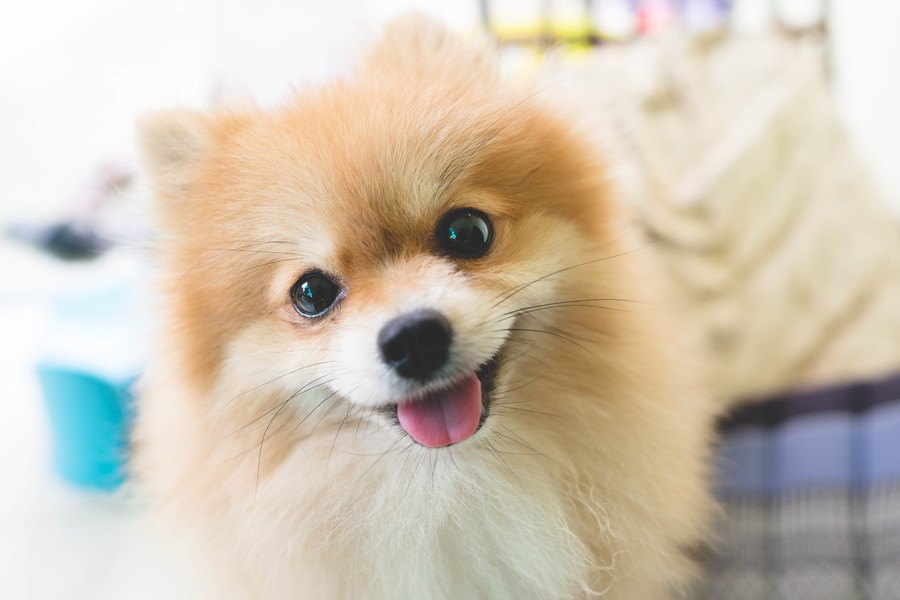Pomeranian Dog Breed
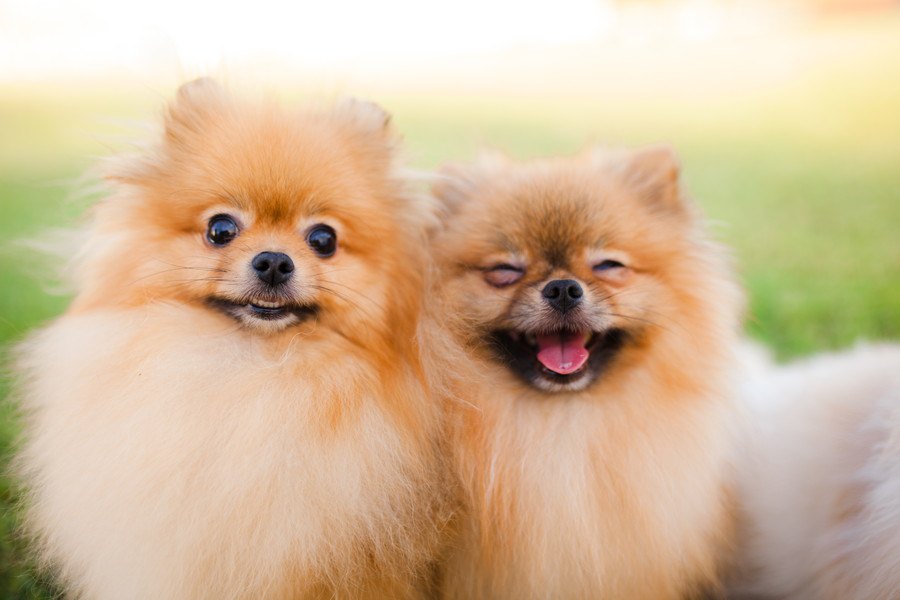
| Aspect | Details |
|---|---|
| Origin | Germany/Poland |
| Birth Era | 18th century |
| Crossbreed | No, purebred |
| Temperament | Playful, friendly, active, intelligent |
| Physique | Small, 3-7 pounds, compact |
| Coat | Long, fluffy double coat |
| Lifespan | 12-16 years |
The Pomeranian, known for its small stature and lush fur, is a beloved dog breed worldwide, including in Japan. As a member of the Spitz family with a lively personality, this breed, originating from the Pomerania region, is extremely popular as a household pet in Japan.

Their intelligence and learning ability make them excellent family members when given proper training and socialization. The grooming of their vibrant coat and double-layer fur is especially valued in Japanese pet care. While generally healthy, Pomeranians require attention to specific health issues common in small breeds.
With appropriate care and love, they can lead long, joyful lives.
Coat Color
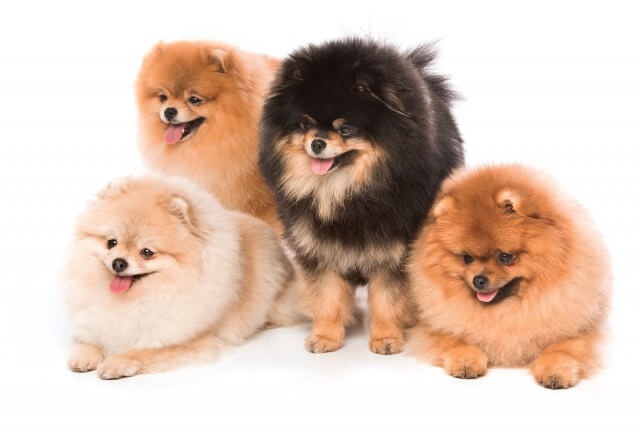
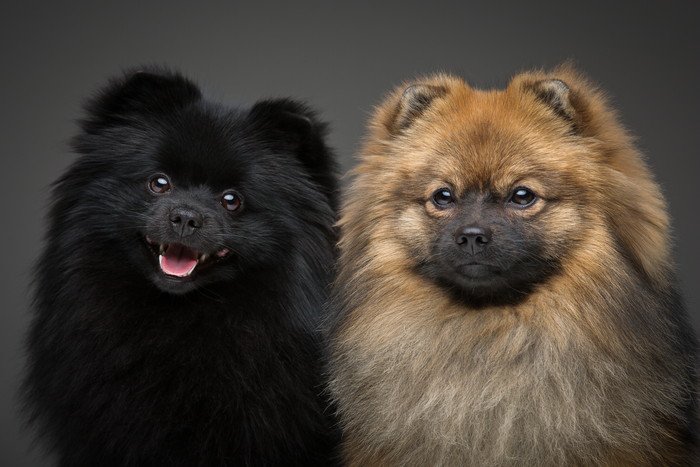
The rich variety of coat colors of Pomeranians is one of the delights for owners in Japan. With a range of colors including cream, orange, red, chocolate, black, and white, this breed offers a multitude of appealing options. Particularly, the orange Pomeranian is the most common in Japan and is widely recognized as the iconic color of this breed.
Coat Type
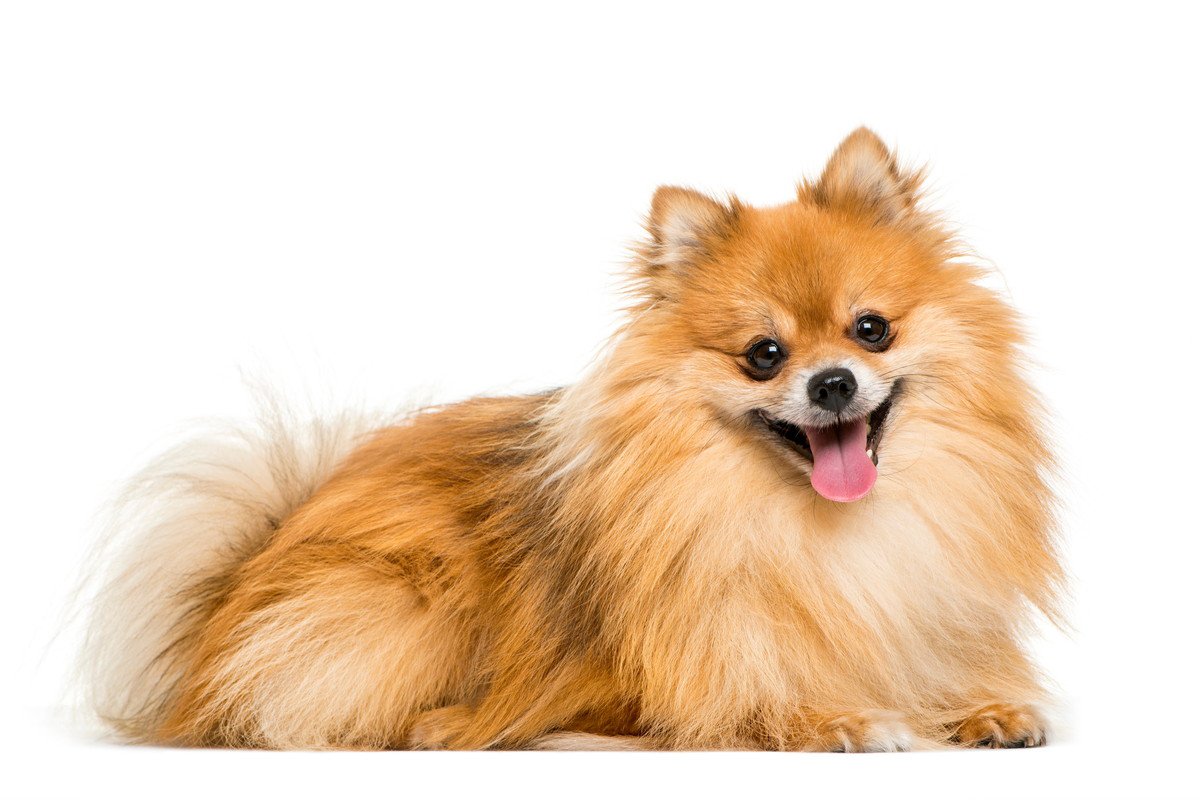
The distinctive double-coated fur of the Pomeranian is a particularly important aspect of pet care culture in Japan. The undercoat is dense and soft, providing excellent insulation, while the topcoat is longer and coarser, protecting against external elements.
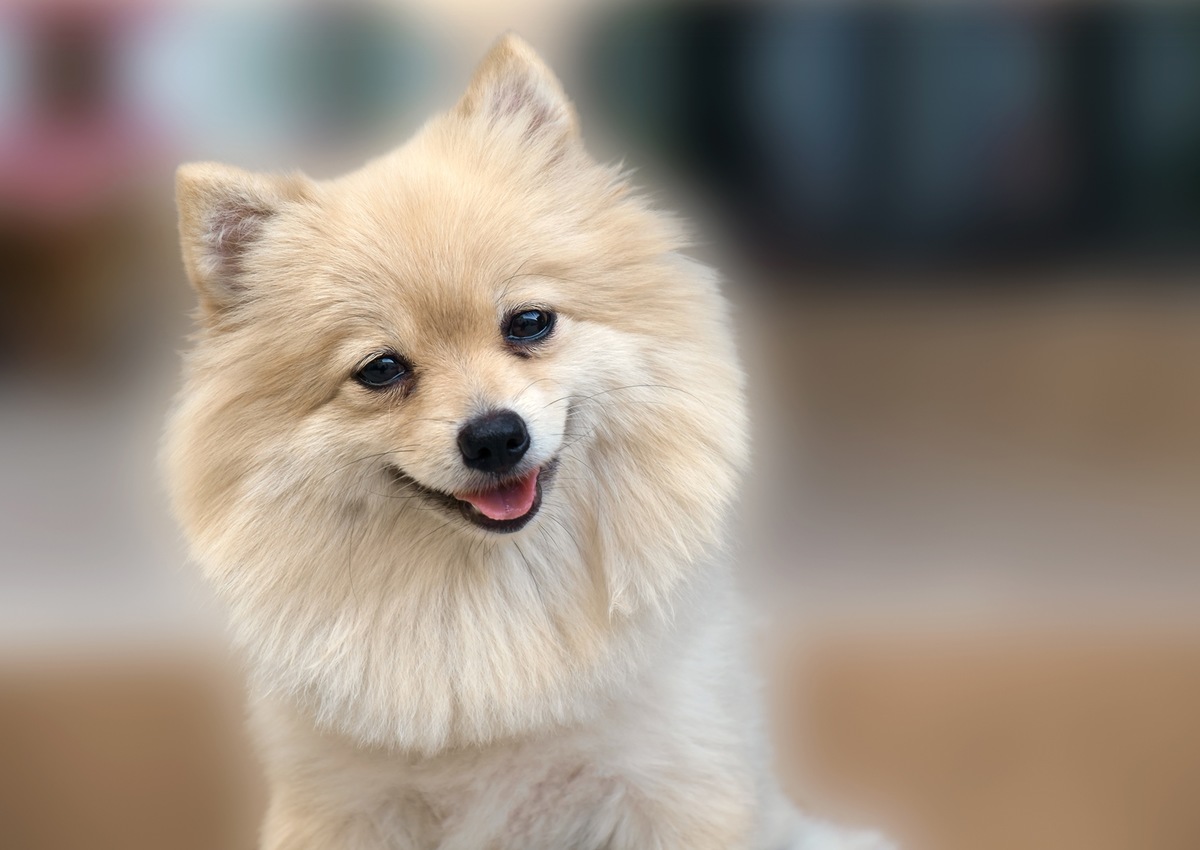
In Japan, maintaining this luxurious coat necessitates regular grooming, with an emphasis on brushing to prevent matting and maintain skin health. This meticulous care of the Pomeranian’s coat is a testament to the importance placed on pet grooming in Japanese culture.
Size
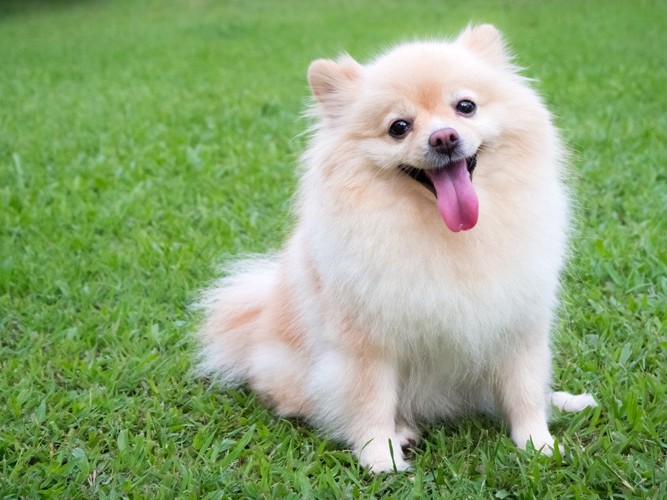
The Pomeranian is renowned for its compact size, being especially small among Japanese small dog breeds. An adult Pomeranian typically stands about 7.9 to 11.8 inches tall, with a correspondingly short body length. This small stature is well-suited for indoor living in Japanese homes, but ensuring adequate exercise is crucial for maintaining their health.
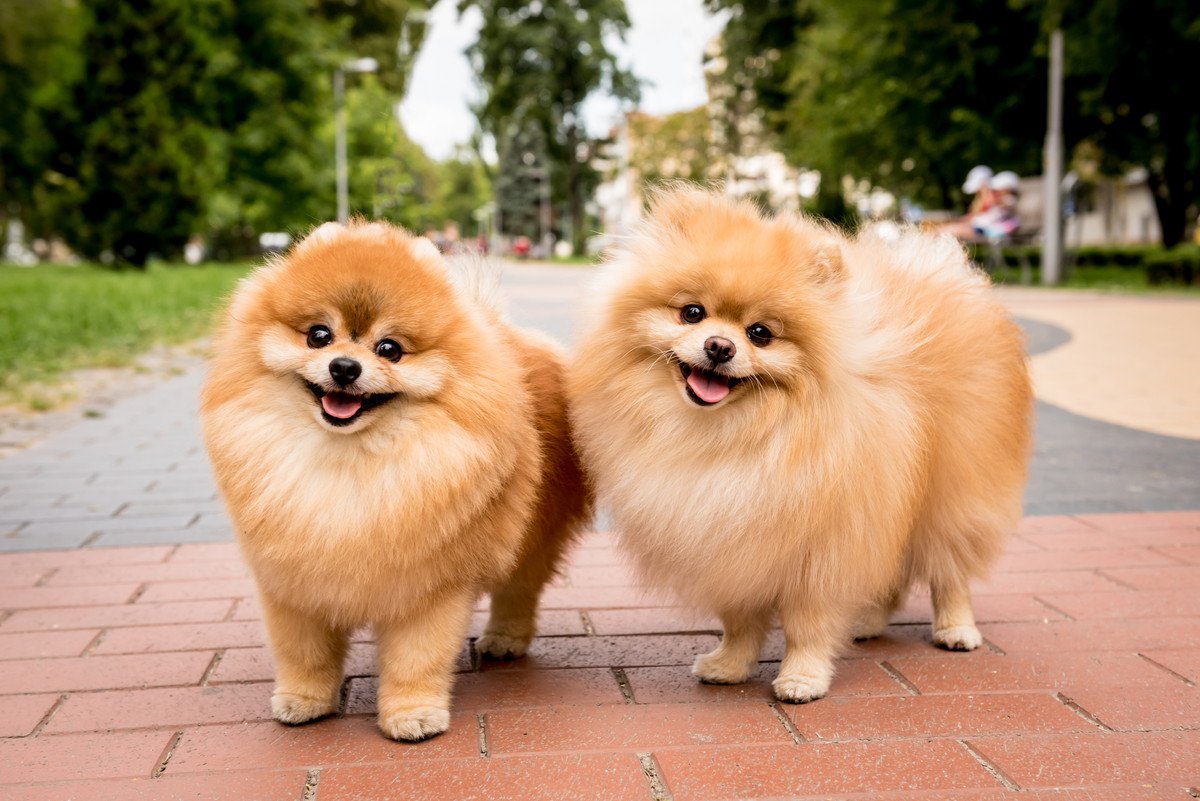
In Japan, it is recommended to understand the breed’s characteristics and provide not only indoor activities but also moderate outdoor exercise to support the well-being of Pomeranians.
Weight
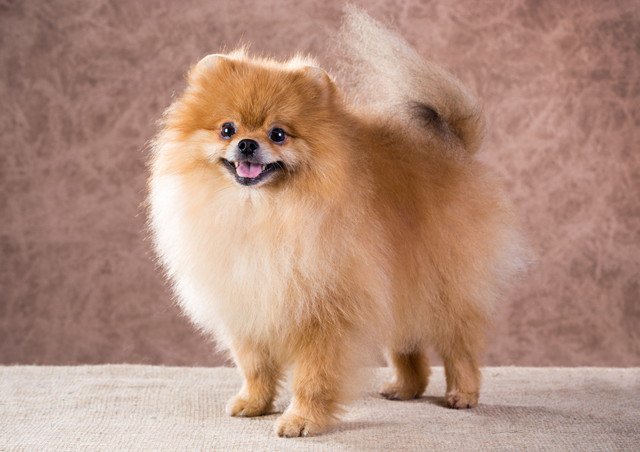
For the health maintenance of Pomeranians, managing their ideal weight is a crucial task for owners in Japan. The typical weight range for this breed is about 4.18 to 7.71 pounds, but considering individual differences, it’s recommended to determine each dog’s appropriate weight in consultation with a vet.
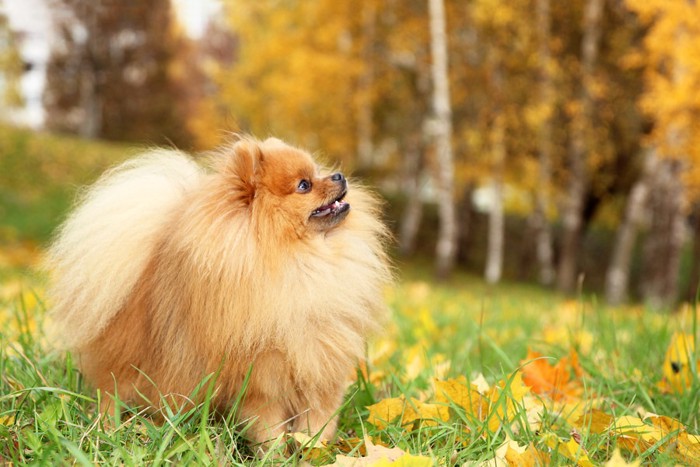
In Japan, tailored dietary management and adequate exercise are practiced to protect the health of each dog, taking into account their individual physical characteristics.
Lifespan
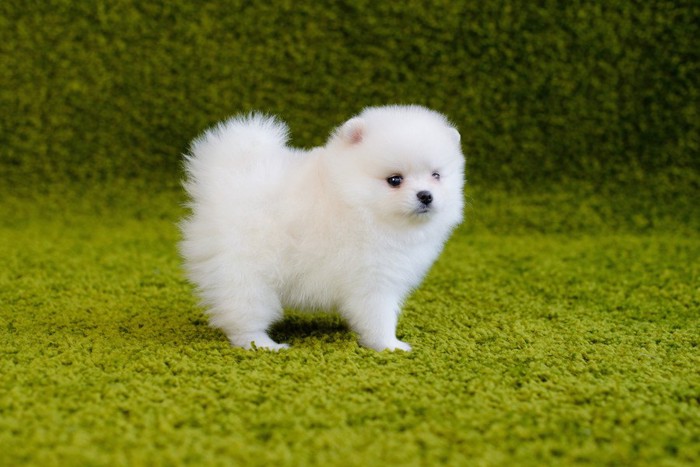
The average lifespan of a Pomeranian is about 12 to 16 years, but in Japan, where health management and living environment for pets are highly prioritized, it’s not uncommon for them to live beyond 20 years. To ensure a long and healthy life for Pomeranians, it’s crucial to deeply understand the breed’s characteristics and provide care accordingly.
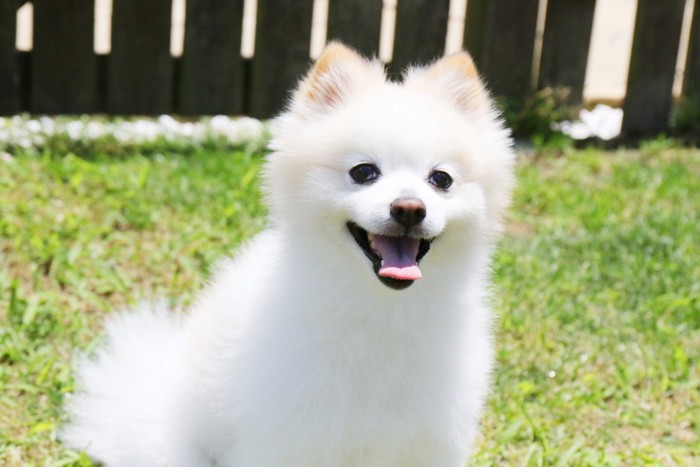
In Japan, pet care tailored to the specific traits of each breed is recommended. With affectionate and appropriate care, the health and longevity of Pomeranians are well-supported.
Trainavility
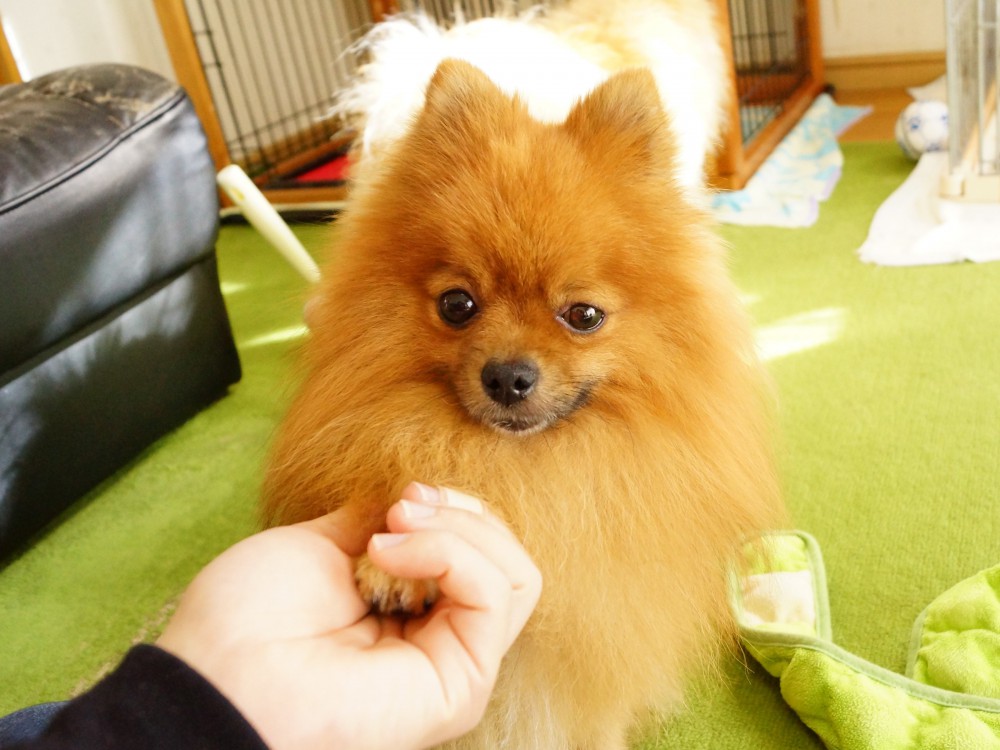
Training a Pomeranian requires continuous effort. While these dogs are intelligent and lively, in Japan, it is emphasized to foster basic obedience and sociability from an early age. Given their small stature, training methods involving gentle vocal tones and positive reinforcement are preferred.
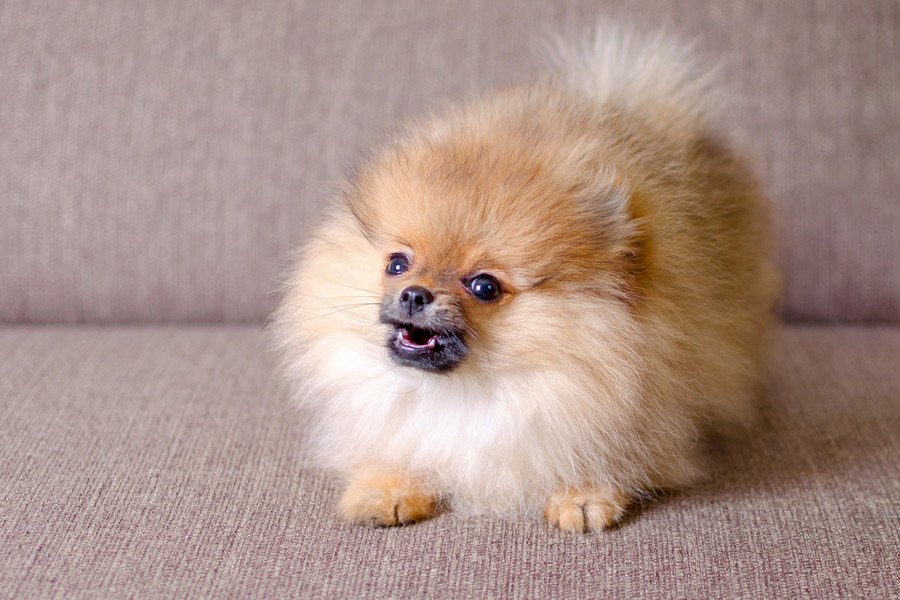
Consistent training, coupled with praise and rewards, provides positive learning experiences, which are vital elements in pet training for Japanese owners.
Exercise

For the Pomeranian, a small dog breed, appropriate exercise is essential. These lively and energetic dogs can develop health issues from a lack of physical activity. In Japan, daily walks for Pomeranians are highly valued as a part of their routine care.
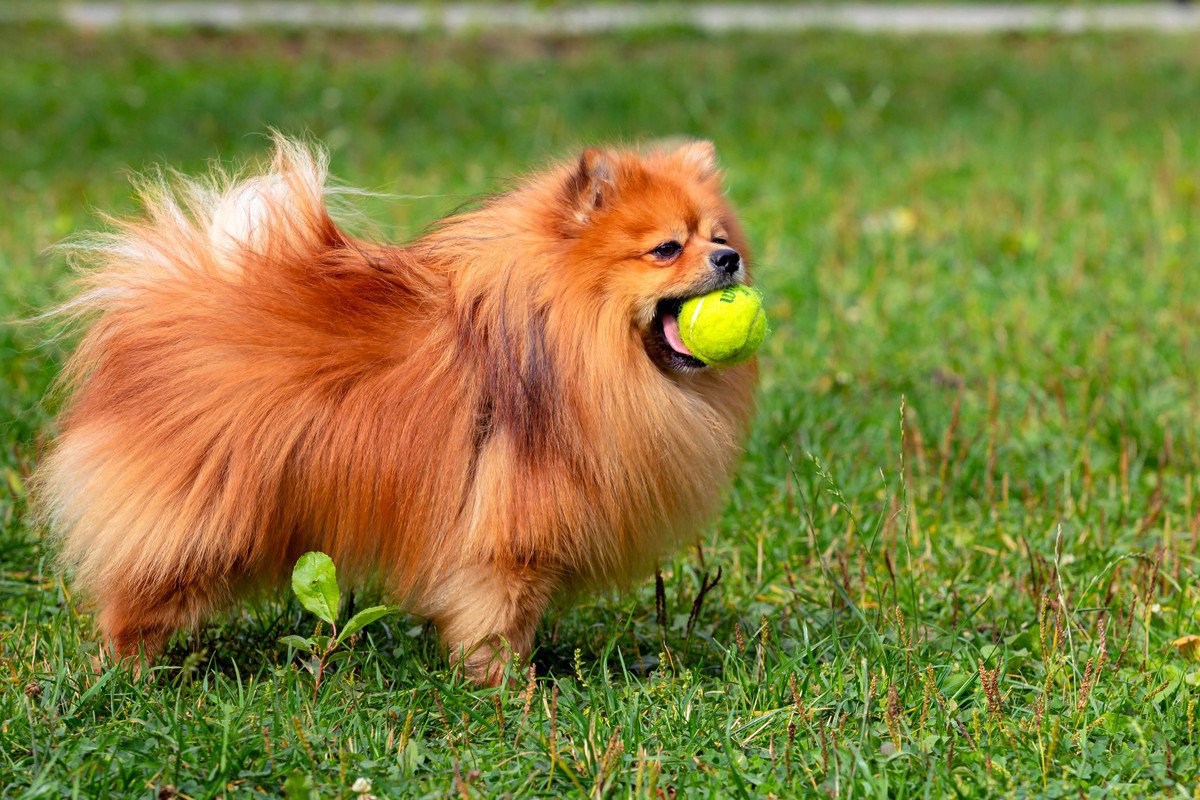
Additionally, they require mental stimulation, making toys and educational games crucial for engaging their minds. Combining moderate physical activity with intellectual stimulation is a key aspect of pet care in Japan, ensuring the health and happiness of Pomeranians.
Feeding
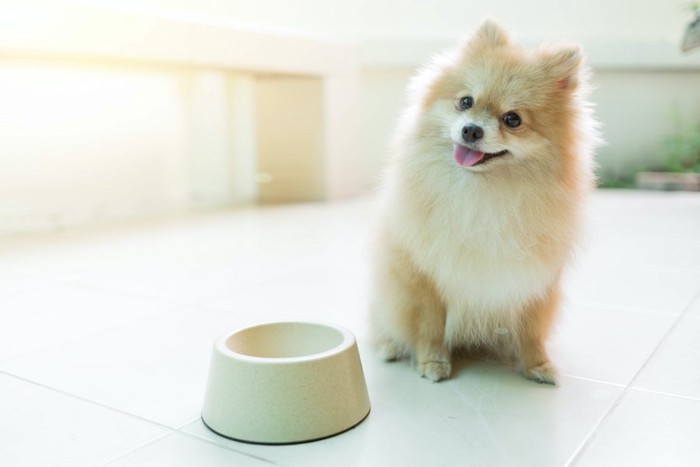
In the dietary management of Pomeranians, balanced nutrition and proper portion control are highly valued in Japanese pet care. For these small dog breeds, feeding high-quality dry food in appropriate amounts is crucial.
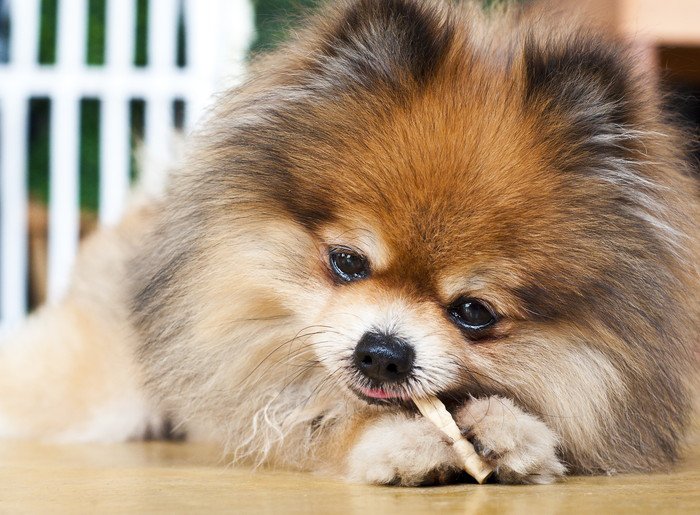
Adult dogs should be fed twice a day, while puppies need more frequent meals. Maintaining dental health with special food and dental toys is beneficial. Additionally, ensuring constant access to fresh water and adequate hydration is important. In Japan, maintaining a regular feeding schedule and avoiding leftovers is essential for the health of Pomeranians.
Temperament
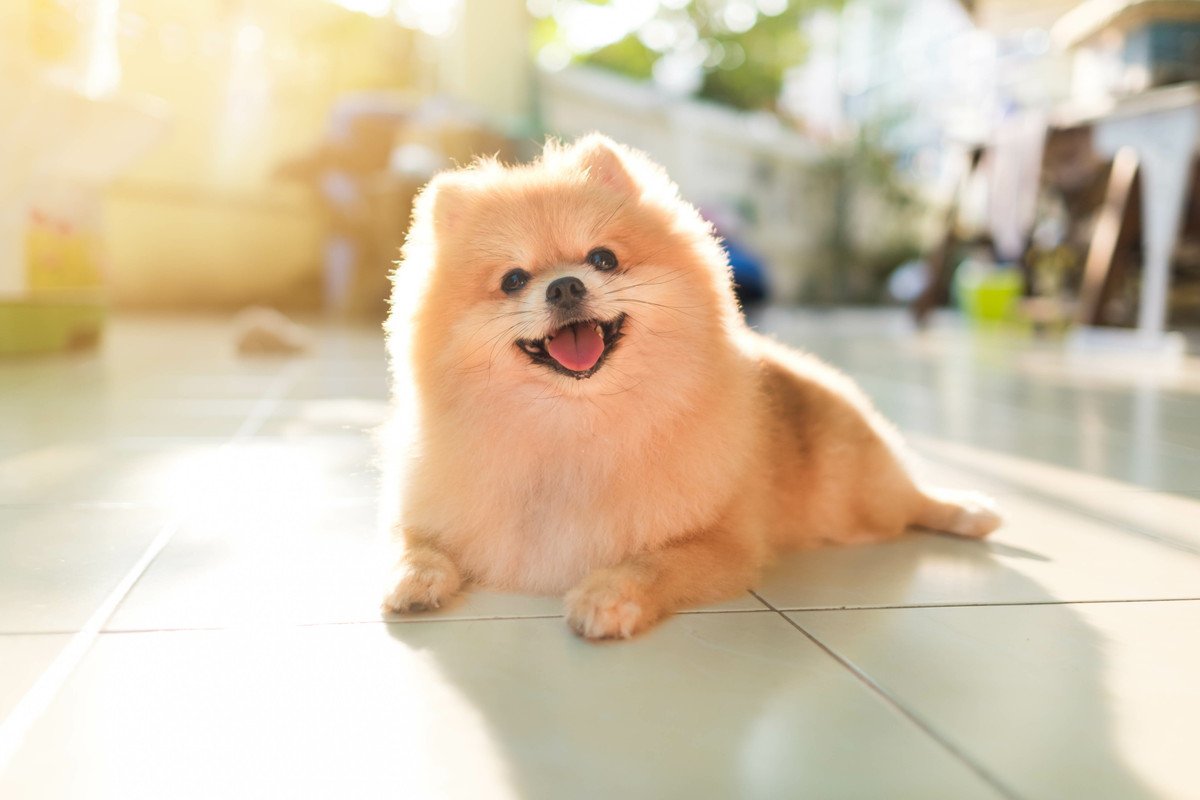
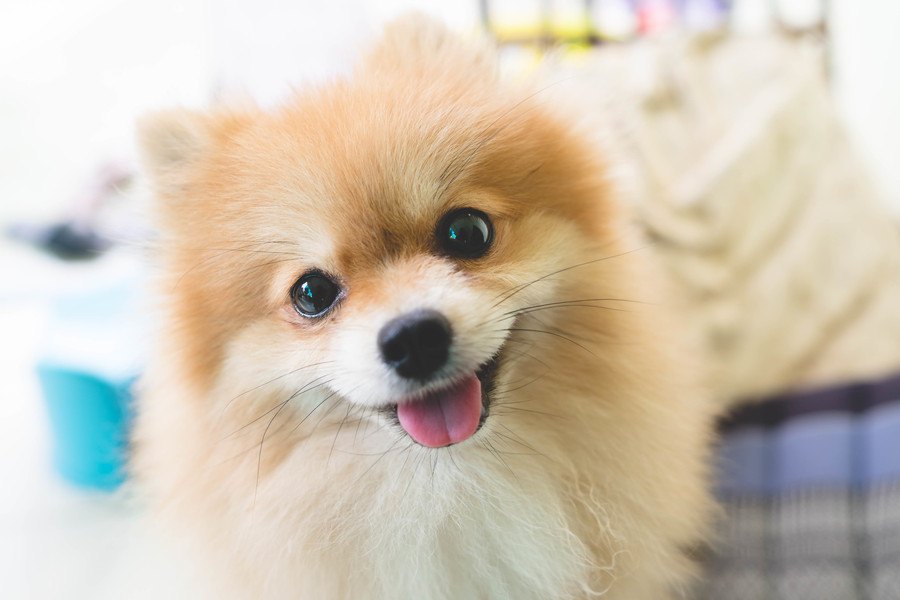
While acknowledging that the temperament of Pomeranians can vary greatly from one individual to another, generally, they are friendly and lively dogs. In Japan, there is a culture of cherishing the strong bond between Pomeranians and their families. These dogs tend to enjoy their time as part of the family, often showing deep attachment and dependency towards their owners and family members. This affectionate nature is one of the reasons why Pomeranians are especially loved in Japanese households, as their presence brings warmth and vibrancy to the home.
History
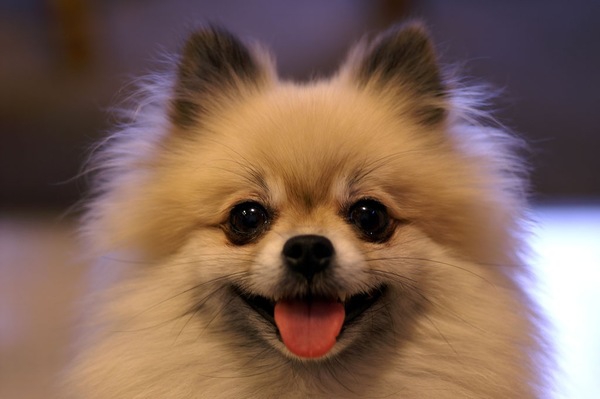
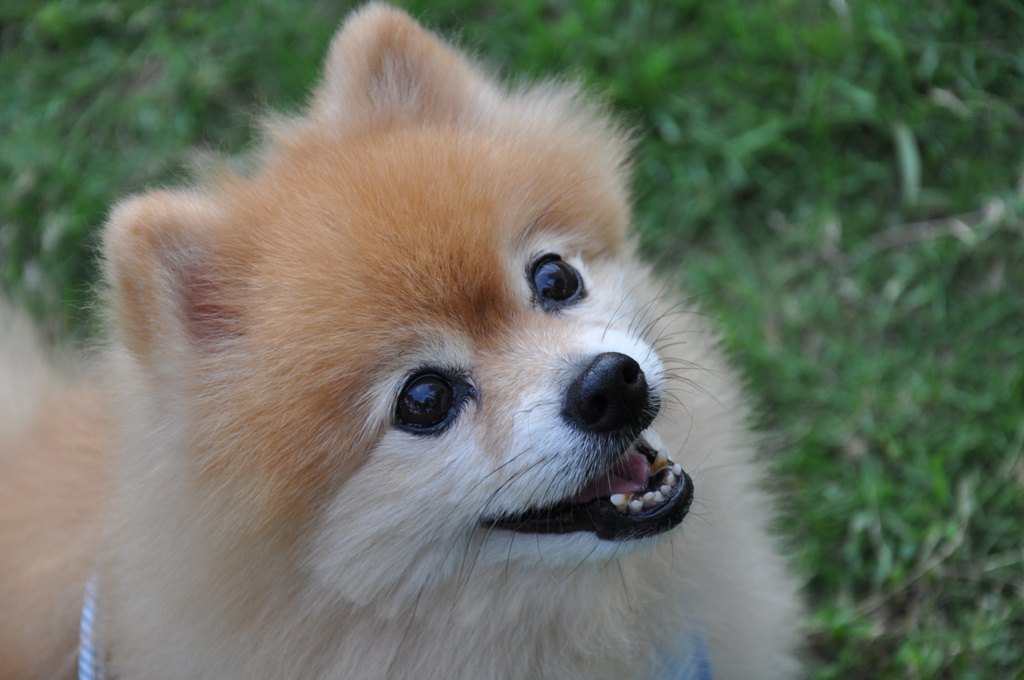
The Pomeranian is believed to have descended from the German Spitz and was named after the Pomerania region, located between northwestern Poland and northeastern Germany, along the Baltic Sea. In 1767, Queen Charlotte of England first introduced Pomeranians to England. During the 1970s economic boom in Japan, Pomeranians gained explosive popularity alongside Maltese and Yorkshire Terriers, earning the title of “The Three Great Indoor Dogs.” In Japanese culture, their small and adorable appearance was highly valued, securing their status as beloved household pets.
Grooming
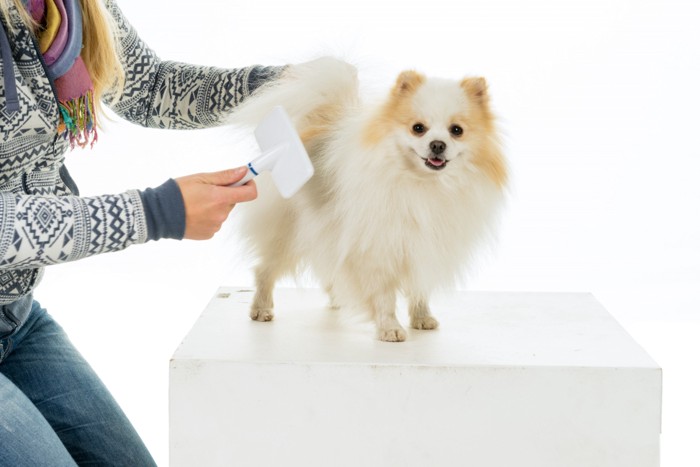
Grooming of Pomeranians plays a vital role in Japanese pet care culture. Their dense double coats require daily brushing to maintain health, promoting skin health and preventing tangles. In Japan, the selection of a suitable brush, one that gently reaches deep into the coat, is particularly emphasized.
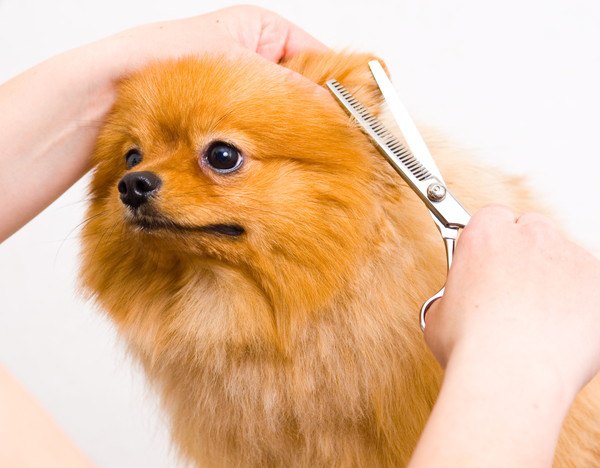
For shampooing, products with natural ingredients that protect the skin and avoid excessive washing are recommended. Furthermore, trimming focuses on maintaining their appearance, particularly around the ears, paws, and tail. Regular care by professional groomers is essential for maintaining the health and comfort of Pomeranians.
Health
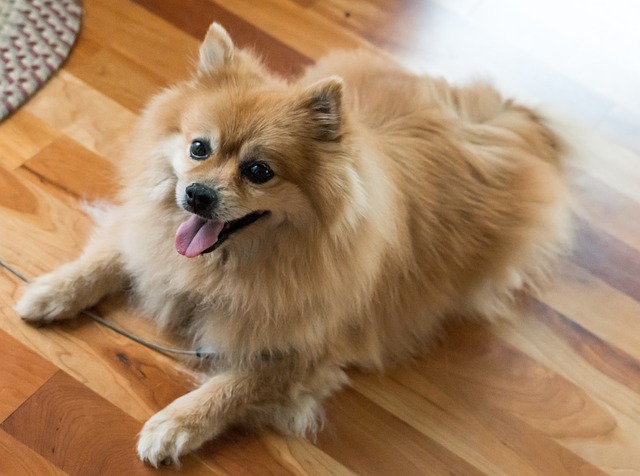
Pomeranians can have unique health challenges, and in Japan, particular attention is paid to these issues. This breed, known for its lush fur, is prone to skin diseases, necessitating proper care and regular skin check-ups. Prompt action is recommended at the first sign of skin abnormalities.
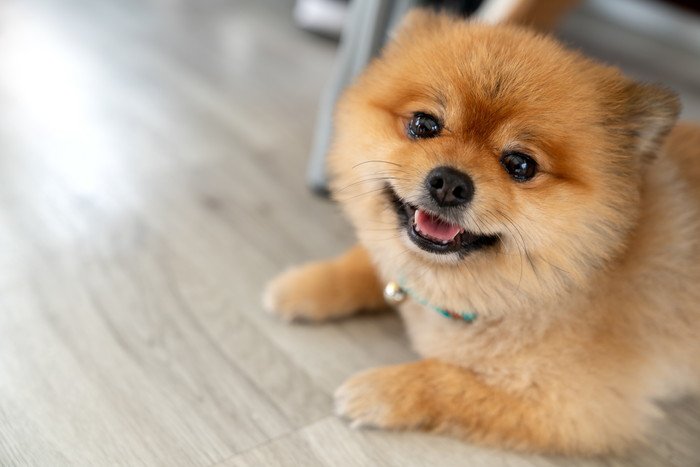
In Japan, daily teeth cleaning and regular dental check-ups are emphasized to prevent periodontal disease common in small breeds. The risk of heart disease is also a concern, and it’s important to regularly monitor the heart’s condition. To prevent patellar luxation, moderate exercise and weight management are essential, and efforts are made in Japan to maintain the joint health of Pomeranians through these measures.

